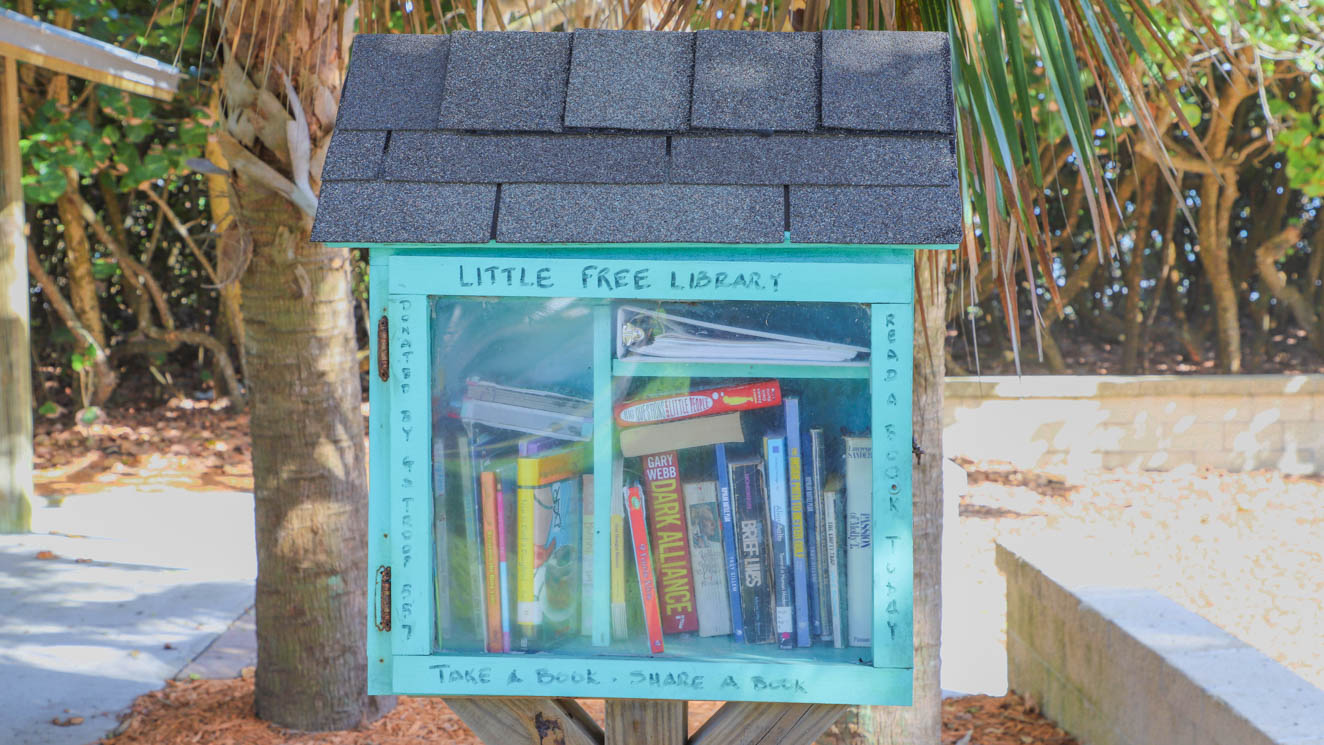

There is something about the way I’m feeling right now, during this pandemic, that’s familiar to me. The constant anxiety. The not-knowing. The fear that this crisis will never end, or that when it does, things could actually be worse than they are now.
Almost nine years ago, my twins were born at 26 weeks, each less than two pounds, one of them septic, and both had to be hooked up to ventilators and other machines to keep them alive. It was traumatic. There was no playbook for how to manage it. And we know that for people who have experienced trauma in the past, new traumas can kick up the dust of old memories that are laying there latent, resting quietly but still taking up space.
I remember how I’d wake up in my bed in Brooklyn and pray that my children, who were seventeen miles away at a hospital in Manhattan, had had a good night: no desats (desaturations of oxygen) or weight loss, no new signs of infections in their tiny bodies, no catastrophic results from brain scans performed at the end of the night. Then I’d await news from my husband; he was the one who’d take the morning telephone call with our nurse to hear about the twins’ status. After the long commute to the hospital, I’d stand at their incubators and watch the monitor register every breath, my heart racing if the numbers dipped and an alarm sounded. Meanwhile, the other babies in nearby incubators looked enormous in comparison. When would my babies be big or strong enough to hold? When would they look like actual babies, without wires or tubes stuck into their hands and feet, or taped to their face? I wanted time to go faster. I wanted it to be over. I wanted to skip ahead to the day when I wasn’t terrified every single waking moment. It was an endless loop of desperately hoping, trying to sleep, dreading the worst, and praying to make it one step closer to a different place. This went on for 105 days. That’s when the twins were big enough and stable enough to take home.
I feel something similar now. I want this to be over — or at least to know when it’s going to end, how it’s going to end. Whether it will end. But, just like my NICU days, there is no way through but through. And there are lessons I learned during that time that I’m leaning on now.
1. Actually take it one day at a time.
I’ll never forget what the attending physician said to me during those early days when I yearned for answers and clarity. “At first, it will be minute to minute,” she said to me. “Then it will be hour to hour. And someday, it will be day to day. What we hope is that the crisis will become less acute.” Basically, she was trying to tell me that there was no use trying to think beyond the current moment. There was no rushing this process, there was no way to be sure how my children’s medical course would unfold. In other words, for me to stay afloat emotionally and mentally, I needed to find a way to focus only on the day we were in. There would be hurdles for my children to overcome later, but to wonder and worry about the outcomes of those future challenges would not only be pointless — it would sap me dry. So I learned. I finally understood what was really meant by take it one day at a time.
2. Establish rituals that bring you comfort.
One way I learned to stay present was to establish rituals that served as little daily benchmarks — and to savor them as if my life depended on it (which in many ways it did.) In the mornings I hung on to two things that sound a little ridiculous now, but it was real: my perfect cup of coffee in just the right mug, and the Today Show. The Today Show’s predictable patter and endless stream of peppy segments somehow soothed my addled brain as I pumped breastmilk before heading to the hospital. Then there was my mid-morning coffee break, when I’d leave the dark corner of the NICU and head outside to chat briefly with the kind man behind the cart outside Mt. Sinai Hospital. The coffee was cheap and sweet and I looked forward to feeling like a regular New Yorker for those few minutes out on the sidewalk. And every day my mom and I would go to the same diner for lunch. Those cozy booths and diner-style soups and hot chocolates were small but stabilizing pleasures.
For me, the consistency of these rituals (and clearly the carbs!) helped me find order during a deeply disordered time. I kept moving and I knew what was coming next: the Today Show opening music, the daily chat, the corner diner, the evening glass of wine. All of it helped me press on.
3. Acknowledge the loss.
Giving birth to micro-preemie twins was not what I’d dreamed about when I envisioned becoming a mom. Not even close. Who’d have thought I’d give birth to two children but no holding them, no breastfeeding, no bris or baby-naming. There were so many moments that I’d never get to have. So I mourned that loss. I had to, or it would have been impossible for me to face the struggle I needed to face. And for nearly everyone alive on this planet right now, this pandemic has brought — and will continue to bring — loss. At the most extreme and unimaginable, there are people grieving lost loved ones. So many have lost work and income. Children are losing whole semesters of school, time with their friends, their carefree summers. We are missing our family reunions, the chance to perform in the play or attend the graduation/ wedding/ take-your-pick ceremony. Everyone’s losses may look different, but these are deep disappointments and we must name and acknowledge those losses in order to move forward.
4. Despite it all, give thanks.
I recently read When Stars Are Scattered, a children’s book where the main character describes his time in a refugee camp. “In a refugee camp, you are always reminded of the things you have lost,” Omar says. “It is a valiant and agonizing struggle to focus not on what you have lost … but on what you have been given.”
When I read that, I thought immediately about how much I’d actually been given during my time in the NICU. Mostly, I’d been given the gift of relationship: to other families moving through their own ordeals, to old friends who came out of the woodwork to support me, to so many remarkable nurses and doctors at the hospital who astounded me with their expertise, patience, and dedication to the most vulnerable. To this day, nurses are my heroes. I imagine many of us would say the same right now in the midst of this pandemic.
I wonder how this particular crisis might, too, be a time for focusing on everything we do have, everything we have been given. Like those days in the NICU, I am giving thanks for the network of friends and family who I can connect with virtually each day. I am giving thanks for the medical workers who are on the front lines, and I’m giving thanks to the miraculous and resilient spirits of all children — two of whom sit next to me while I write this. The ones who were once so fragile! Together, we’ll keep moving forward, little by little, day by day, until the days add up and we find ourselves somewhere new, and hopefully somewhere better than these difficult days apart.







